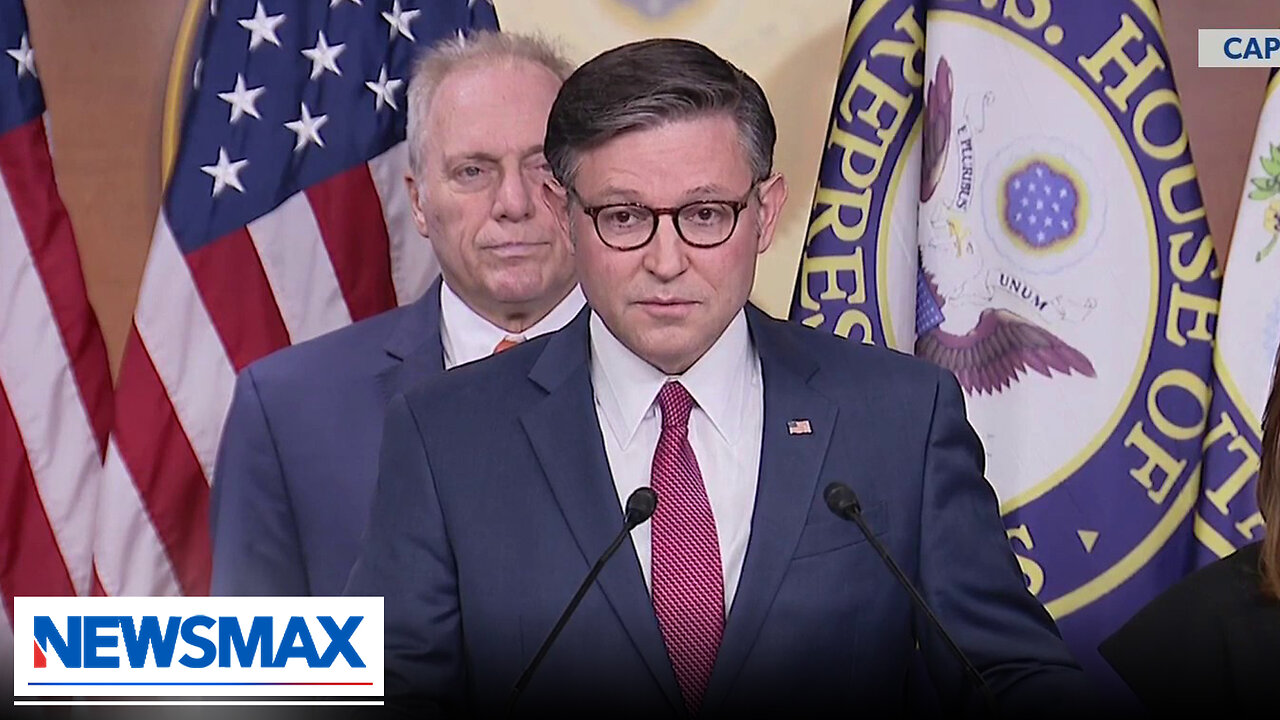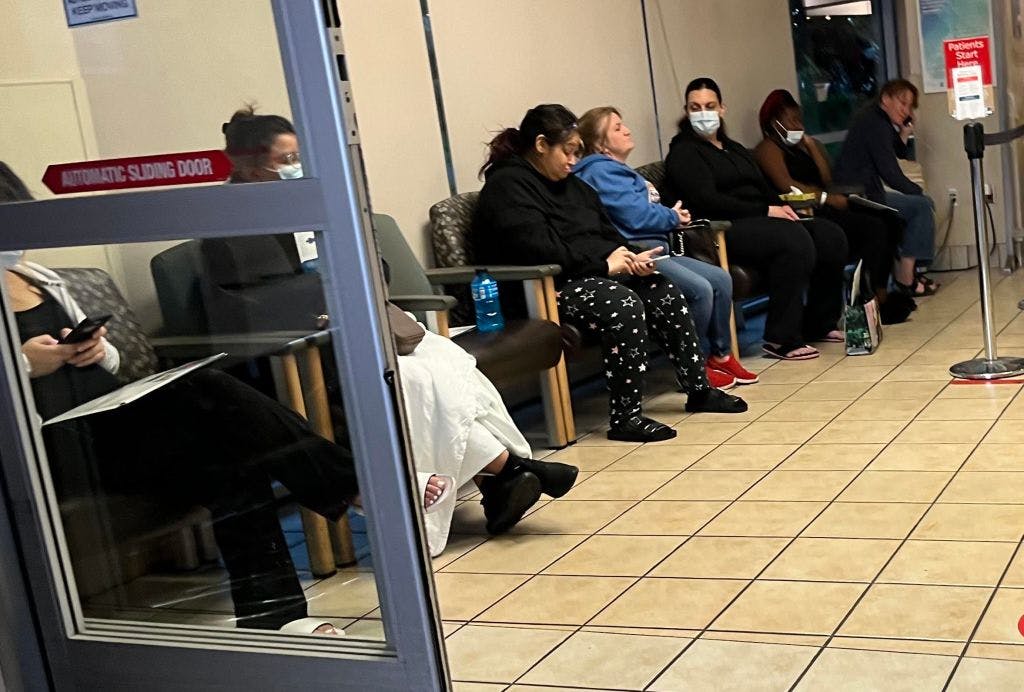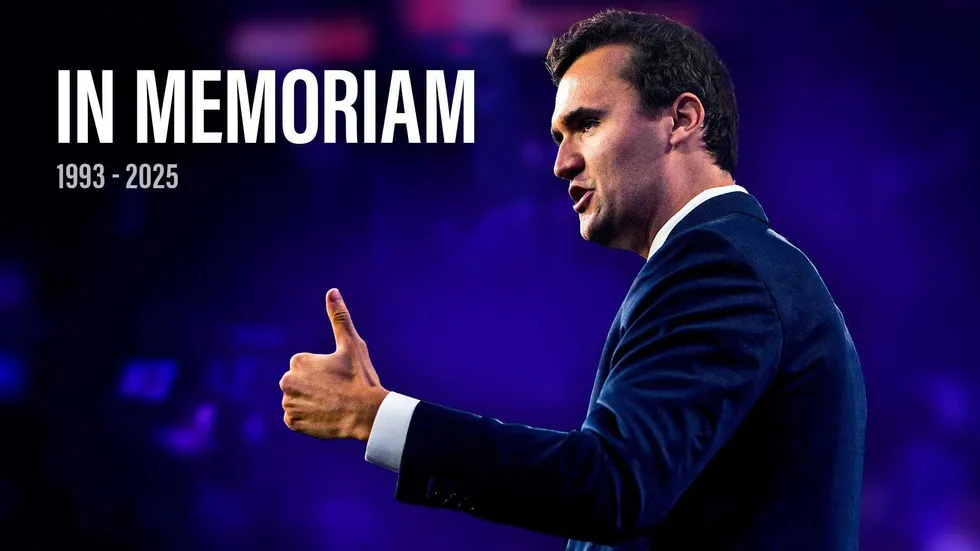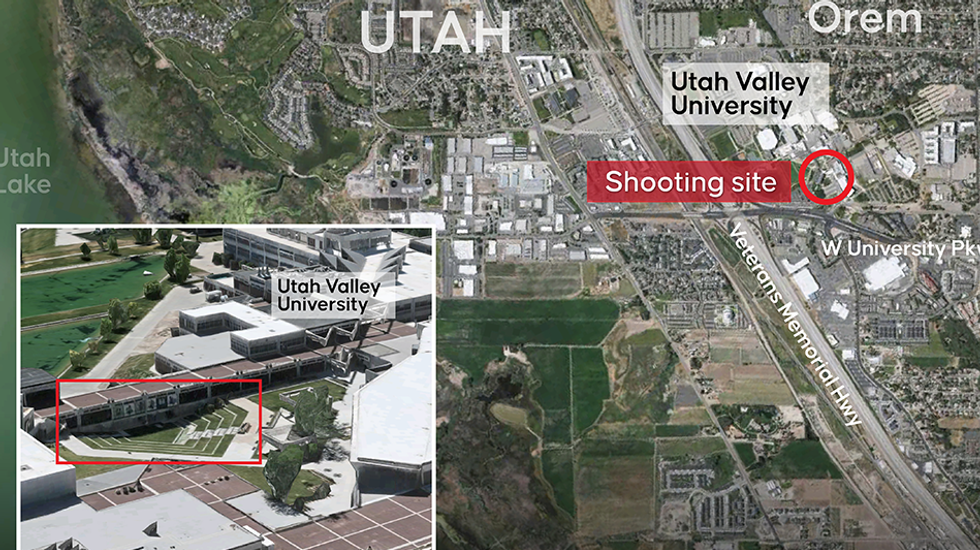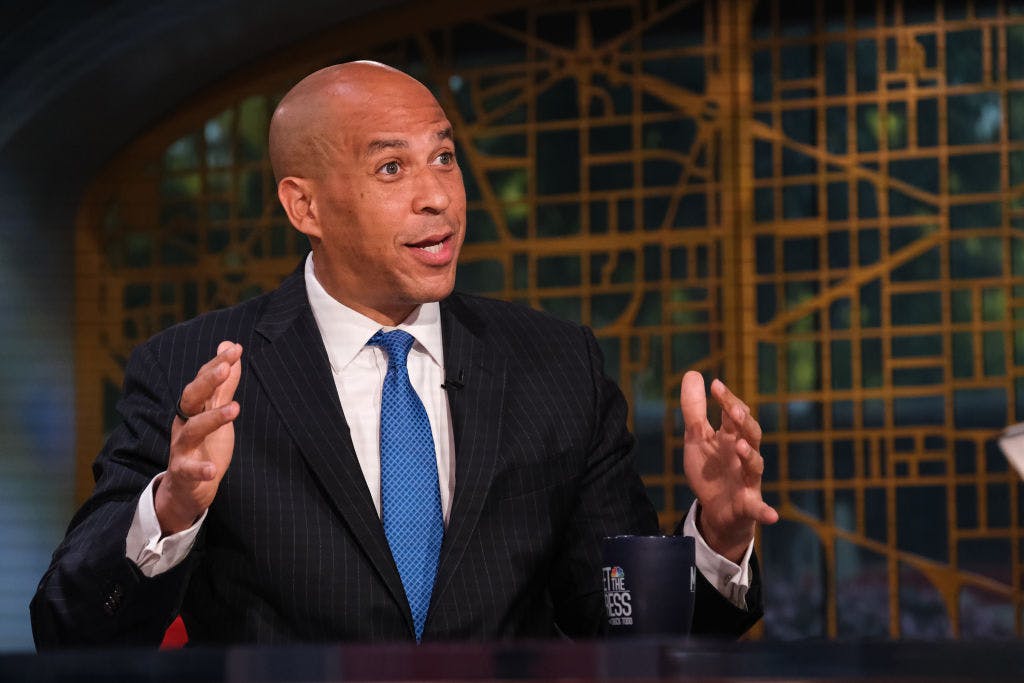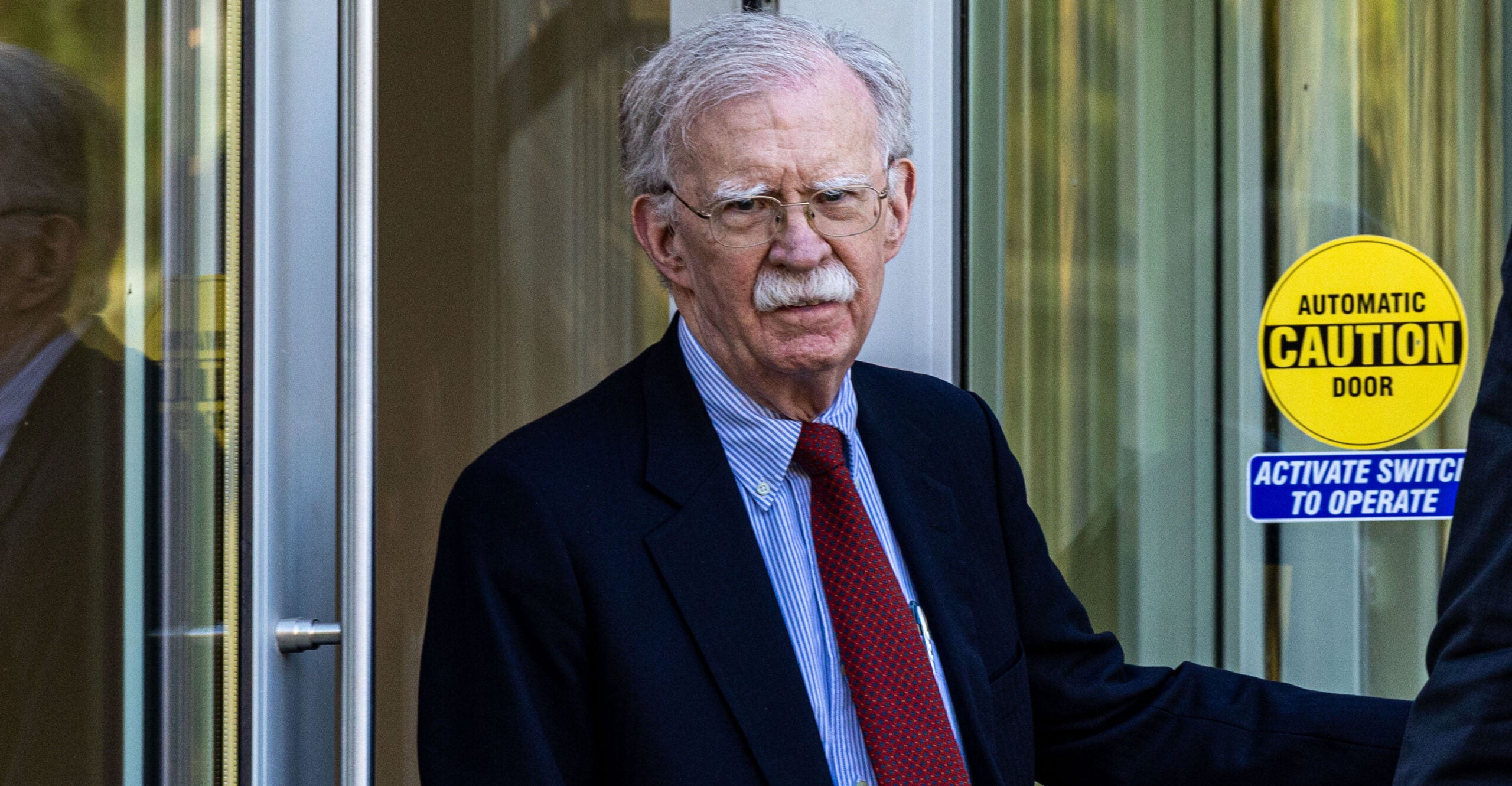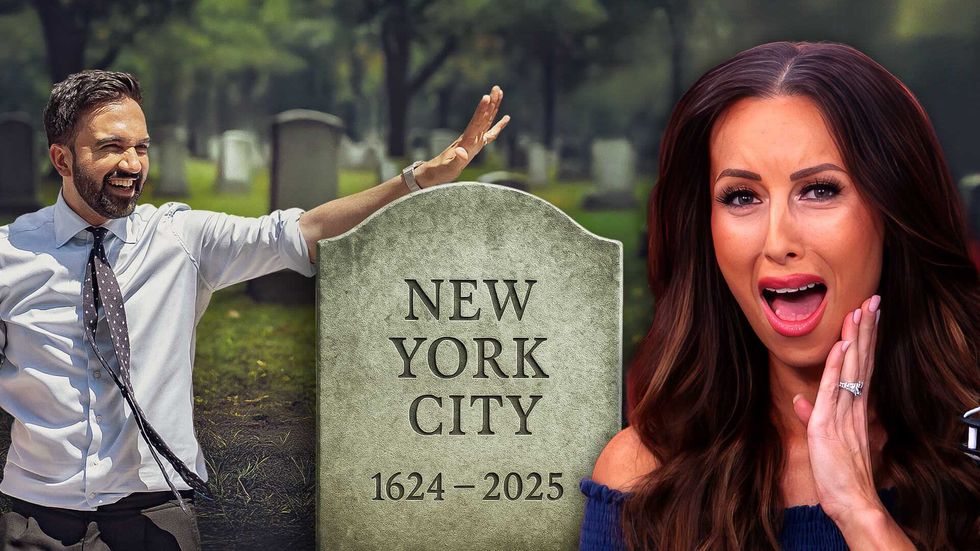HHS Releases Damning Review Of Gender Treatments For Minors: ‘The Risks Cannot Be Ignored’

The Department of Health and Human Services (HHS) on Thursday released a comprehensive review of medical interventions for minors experiencing gender confusion, finding that risks for such treatments cannot be ignored and are not supported by science.
The review identified a number of risks associated with intervention, including infertility, sexual dysfunction, and cardiovascular disease.
“Despite increasing pressure to promote these drastic medical interventions for our nation’s youth, the review makes clear: the science and evidence do not support their use, and the risks cannot be ignored,” an HHS press release sent to The Daily Wire reads.
“The ‘gender-affirming’ model of care includes irreversible endocrine and surgical interventions on minors with no physical pathology,” the review summary said. “These interventions carry risk of significant harms including infertility/sterility, sexual dysfunction, impaired bone density accrual, adverse cognitive impacts, cardiovascular disease and metabolic disorders, psychiatric disorders, surgical complications, and regret.”
It also determined that there is “no independent association between gender dysphoria and suicidality,” and “no evidence that pediatric medical transition reduces the incidence of suicide, which remains, fortunately, very low.”
The review found that the supposed benefits from medical intervention are severely in question and do not outweigh the risks. HHS also said that the perception of a “consensus” in support of these treatments is being pushed by medical associations, while dissent is stifled.
“U.S. medical associations played a key role in creating a perception that there is professional consensus in support of pediatric medical transition,” the summary review said. “This apparent consensus, however, is driven primarily by a small number of specialized committees, influenced by WPATH (World Professional Association for Transgender Health). It is not clear that the official views of these associations are shared by the wider medical community, or even by most of their members. There is evidence that some medical and mental health associations have suppressed dissent and stifled debate about this issue among their members.”
The evidence for benefits from pediatric medical intervention is “very uncertain,” the review stated, “while the evidence for harm is less uncertain.” Thus, the review suggested, medical professionals should not offer them, even if they are requested.
“When medical interventions pose unnecessary, disproportionate risks of harm, healthcare providers should refuse to offer them even when they are preferred, requested, or demanded by patients,” it said. “Failure to do so increases the risk of iatrogenic harm and reduces medicine to consumerism, threatening the integrity of the profession and undermining trust in medical authority.”
The review also recognized detransitioners, or individuals who received medical treatment for their gender confusion but later regretted such intervention.
“The voices of whistleblowers and detransitioners have played a critical role in drawing public attention to the risks and harms associated with pediatric medical transition,” HHS said. “Their concerns have been discounted, dismissed, or ignored by prominent advocates and practitioners of pediatric medical transition.”
Evaluating other forms of treatment for a gender-confused minor, HHS ridiculed the notion that psychotherapy could be deemed “conversion therapy.”
“There is a dearth of research on psychotherapeutic approaches to managing gender dysphoria in children and adolescents,” the department said. “This is due in part to the mischaracterization of such approaches as ‘conversion therapy.’ A more robust evidence base supports psychotherapeutic approaches to managing common comorbid mental health conditions. Psychotherapy is a noninvasive alternative to endocrine and surgical interventions for the treatment of pediatric gender dysphoria. Systematic reviews of evidence have found no evidence of adverse effects of psychotherapy in this context.”
The department underscored how minors and their families “require, and are entitled to, accurate, evidence-based information to guide their decisions,” and said this comprehensive review is for them, as well as policymakers, clinicians, therapists, and medical organizations.
Originally Published at Daily Wire, Daily Signal, or The Blaze
What's Your Reaction?
 Like
0
Like
0
 Dislike
0
Dislike
0
 Love
0
Love
0
 Funny
0
Funny
0
 Angry
0
Angry
0
 Sad
0
Sad
0
 Wow
0
Wow
0






























